Worst of the Worst: Top Business Tax Errors
When the IRS looks at your tax forms, the tax agency uses a computer to compare what has been reported to it with what you have reported in terms of income. This is often carried out via 1099 forms — namely the 1099-MISC — which lists nonemployee compensation.
There’s also the 1099R form, which pertains to income stemming from retirement accounts. Regardless of the forms or the source of your income, you must include all this information as part of your tax returns. Otherwise, you’ll find yourself in a situation where the IRS is raising its eyebrows at you and wondering why there’s a discrepancy in the information it received.
8 business tax errors to avoid
Let’s look at more business tax errors you should avoid if you want things to go smoothly with the IRS.
1. Ensure that you send the proper forms to the appropriate IRS agencies
As a business owner, you are required to submit various forms and respective payments to the IRS. For some business owners, this is true only on a federal level, but for others, documentation must be sent to state-level tax departments as well.
While some people are expected to file documents on behalf of their business on a quarterly basis, this might not be true for all business owners, so keep this in mind and look into the specifics of your situation so that you can comply with the IRS’ expectations of you.
2. Make an effort to submit quarterly payments to the IRS
If you are filing as a self-employed individual, a sole proprietor, a partner or an S corporation, there’s a high likelihood that you’ll need to pay quarterly taxes to the IRS based on what you expect your estimated tax bill will be at the end of the tax year.
The government expects you to make payments that are as close as possible to the exact amount of money you’ll owe, and while this can be tricky, you could otherwise end up facing a penalty for underestimating your total tax owed or underpaying along the way.
3. Don’t misrepresent how much income you received
Never, ever lie to the IRS. If the tax agency has any suspicion that you were either negligent or unreasonably careless when reporting your income, you could face consequences. Also, if you substantially underreport the amount you owe in taxes, then you’ll likely be hit with a 20% penalty as a result.
4. Always tell the truth to the best of your abilities
Strive for accuracy when filing your taxes, and be as scrupulously honest as possible. If the IRS believes you attempted — in any way, shape or form — to intentionally defraud the agency, you could see fines as high as 75% of the money that you owe in the first place. You might also find yourself charged with criminal tax fraud as well, and that’s a serious crime.
5. Don’t combine your personal and business finances
Something you should certainly do — as it’s in your best interest to do so — is keep your business finances and personal finances entirely separate. Open different bank accounts for each category of money.
Use a business credit card when making purchases related to company purposes, and use a different card for anything you buy for personal reasons. Now, if you are planning to use any of your personal assets — such as your car or at-home office — for business reasons, it’s imperative that you maintain detailed records to support the deductions you take.
Make it a practice to not deduct something that you cannot prove via documentation. This will help you immensely in the event that the IRS pulls your tax return for an audit.
6. Work on your taxes throughout the year, not all at once
While many people view tax season as the weeks leading up to mid-April, business owners should view taxes as far more than a once-per-year proposition. If you end up leaving all your tax-related matters until the last minute, you’ll likely miss out on deductions you’re entitled to because you didn’t diligently keep track of your spending throughout the year.
7. Keep a system that makes managing your finances easier
Did you know that you could end up spending more than you owe in taxes in accounting fees if you make grave tax-related errors? That would be an unfortunate set of circumstances to find yourself in, so we highly recommend that you establish some sort of system that will make staying on top of your finances easier than ever.
Find a way to track your income and expenses on an ongoing basis. Every month, you should reconcile your cash flow with both your bank statements and your credit card statements. There are a handful of software programs that can help you with this, QuickBooks and Peachtree being the two most popular options.
Either way, when preparing your tax returns, a solid bookkeeping system that you maintained during the tax year for which you’re filing will make all the difference.
8. Pay attention to business deductions all year long
The IRS views deductions as purchases you have to make as part of running your business. However, not everything is a deduction.
To better understand what is — or is not — deductible from a business perspective and how to handle deductions when filing taxes, refer to IRS Publication 535. Otherwise, you might end up taking deductions for items you should not classify as such, and this could open the door to an audit.
You might even find yourself in a situation where you’re facing severe monetary penalties if you claim deductions that the IRS does not approve of, so educating yourself is key. In fact, even the most legitimate of deductions can trip you up if they are not proportional to your income or profit margins.
If you report losses instead of profits to the IRS, the tax agency might end up declaring your venture a hobby rather than a business. In turn, you’ll be barred from claiming deductions altogether.
As you can see, there are many potential tax errors that business owners can make. Even when you’re doing your best to avoid tax-related mistakes, they can still happen.
That’s why it’s wise to work with a tax professional who can help you with your tax-planning efforts. In doing so, you’ll likely lower your stress levels — and maybe even the taxes you owe! — come tax-filing time.
It’s all about staying organized and maintaining a reputation of honesty with the IRS. Act with transparency and integrity with the IRS, and its representatives will be understanding should issues arise.
©2024


